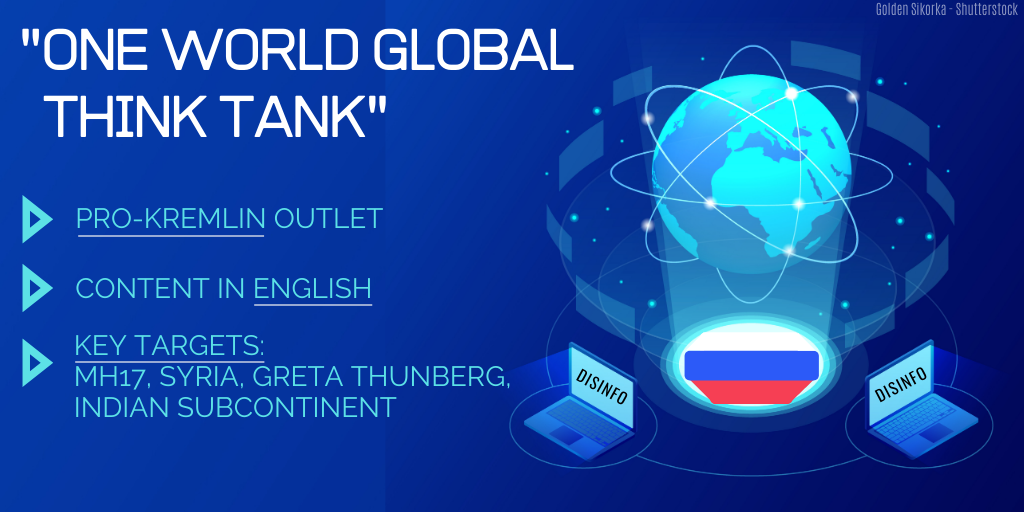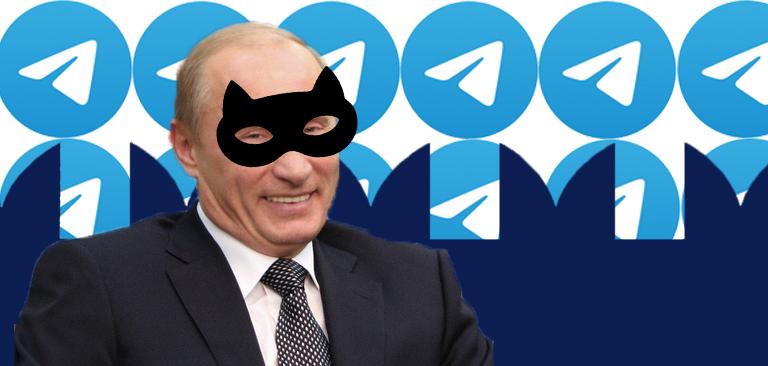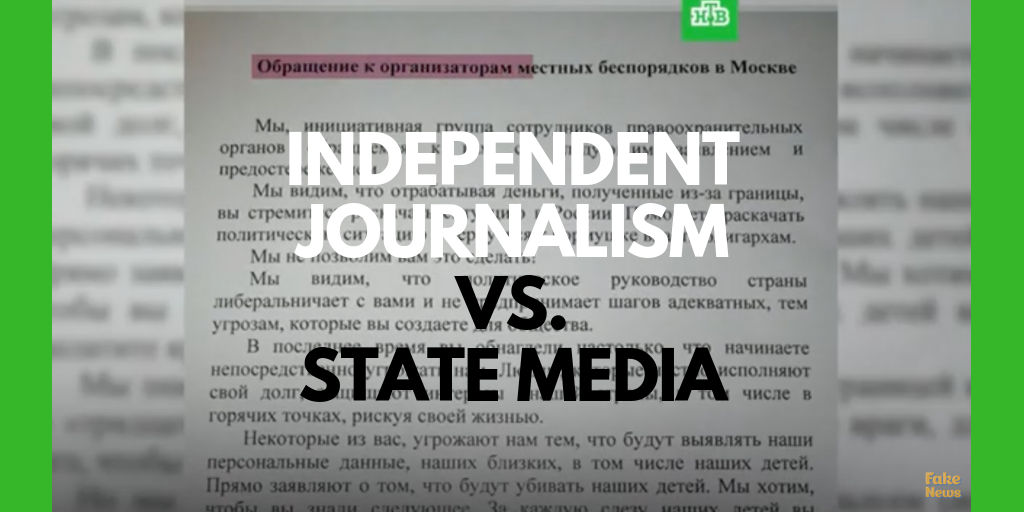One World is just like all the above-mentioned registered and managed from Russia. A whois search
shows that the site is registered with the RU-CENTER registrar. The content of the site is loyally following the Kremlin line on issues like MH17, Syria or Greta Thunberg. A unique feature of the site is its strong coverage of the Indian subcontinent. We can also note an affiliation with Pakistani resources. The site is very small: in fact, too small for the web analysis tool Similar Web to produce traffic data. But despite its lack of weight, it certainly has influence.
Most of the content of the site is provided by an Andrew Korybko. He presents himself as a “Moscow-based political analyst” on his Twitter account. Andrew Korybko is also a frequent contributor to other English-language, Russia-based outlets: Katehon.com, Sputnik, Geopolitica.ru and Oriental Review. As we can see from the presentation on Sputnik, Mr. Korybko is also affiliated with the Institute for Strategic Studies and Forecast
of the Moscow Peoples’ Friendship University of Russia. Mr. Korybko is as Andrei Korybko, in Russian Андрей Корыбко, member of the Institute’s expert council. This ties Mr. Korybko to Russian state structures.
The US-based writer Andrei Raevsky, known under his nom-de-guerre The Saker, has published an interview with Mr. Korybko where he explains his background. Born in the US in a family with Slovenian-Polish roots. After studies in Poland, he enrolled with the prestigious Moscow Institute of International Relations:
I’m attracted to Russia not only because of my familial connection with the country, but actually mostly because it’s the only state that has the capability of firmly standing up to the US and supporting the ideas that I believe in, particularly multipolarity. As a Slav, I sensed in Russia the spirits of resistance, independence, and wisdom, and I knew that one day it would rise from its knees to push back against the US’ unipolar chaos.
We have established that Mr. Korybko is connected to Russian state structures – the Peoples’ Friendship University of Russia in Moscow. We can note that he is a frequent contributor to Kremlin disinformation outlets: Sputnik, RT, Geopolitica.ru, etc.

But we can also, searching on Mr. Korybko’s name, track the reach of Kremlin disinformation, following his appearances outside Russia. Several sites outside Russia list Mr. Korybko as an author, for instance:
- Command Eleven, Pakistan
- Global Research, Canada
- The Nation, Pakistan
- Regional Rapport, Pakistan
- Reseau International, United States
Returning to the One World site, we can see that Korybko is describing events in Bolivia as the result of “hybrid war,” waged by the US against Latin American states. An article of the 12 November 2019
on One World is reproduced at Canadian Global Research the same day, US-registered, French language Reseau International on the 13th. Korybko’s posts on Bolivia appear on blogs and news aggregators, spreading virally.
The One World site has a section on “partner blogs”, allowing further mapping of the reach of the site:
-
- http://misionverdad.com, Venezuela
- http://en.reseauinternational.net/, United States
- http://dossiersul.com.br/, Brazil
- https://iranspolicy.com/en, Netherlands
- https://astutenews.com/, United States
- http://thealtworld.com/, Canada
- https://thegreathoax.wordpress.com/, Canada
- https://uwidata.com/, United States
- https://orientalreview.org/, Russia
- https://www.globalresearch.ca/, Canada
- https://tomluongo.me/, United States
- https://readers-review.com/, United States
- https://wgi.world/, Italy
- https://poligrozd.org/, United States
- https://www.hopepak.ml/ – “no longer available”
- https://theinfocorridor.com/, Pakistan
- http://freesuriyah.eu/, EU
When Lenin established his newspaper Iskra in Munich 1901, he wrote that the newspaper is not only a collective propagandist or a collective agitator; it is also a collective organizer. Lenin’s Iskra was published in German, and its audience was in Tsarist Russia. Very few issues of the paper ever reached its designated audience; but the complicated network of smugglers, adventurers, idealists that took part in the dangerous task of transporting the paper to Russia became the core of Lenin’s party.
Korybko’s tiny outlet has this function: the disinformation outlets in the network do not only spread false information, sow discord and confusion – they establish a system of loyalty; a chain of command from the Kremlin to the outlets that share the Kremlin’s narratives.
Read also:
- How Russia uses think-tanks to promote its foreign policy agenda
- “An Unfounded Foundation”: How Russian-run fake Western thinktanks look like
- Russia-linked cyber attacks targeted 104 accounts of European think tanks
- How pro-Kremlin think tanks spread propaganda in the West
- Kremlin think tank confirms close links with Kremlin and with new Greek premier
- How the Kremlin steals foreign news to shape views of domestic audiences







